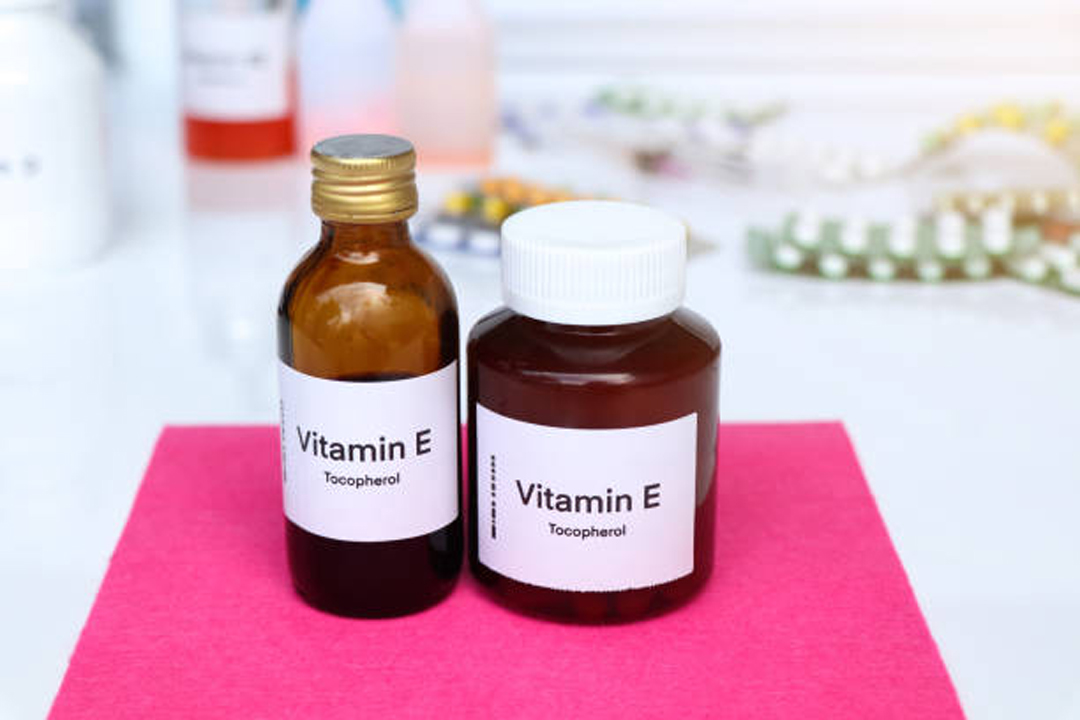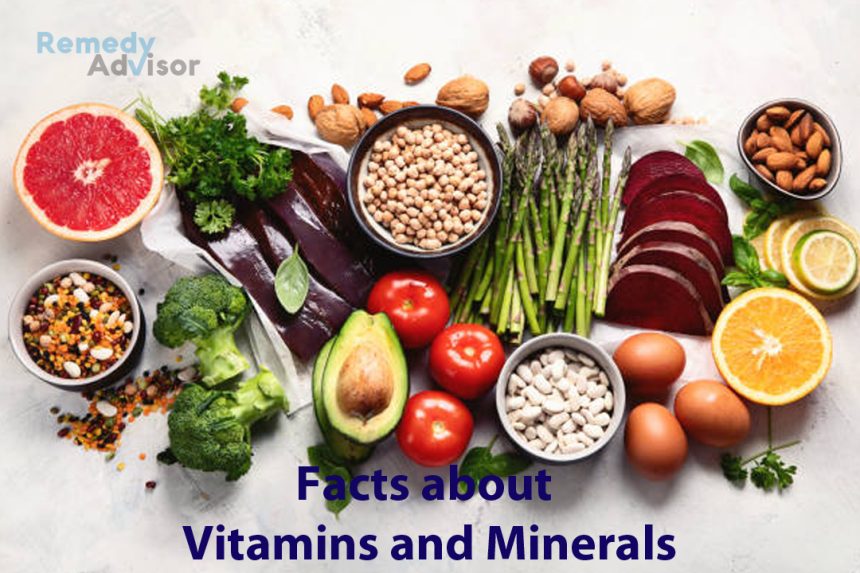Given the many conflicting vitamin studies, it’s easy to see why so many people are confused about which supplements to take and, of course, which ones to avoid. To clear up the confusion, we spoke with Dr. Jeffrey Blumberg of Tufts University
• Does beta-carotene prevent cancer or cause it?
The body converts beta-carotene into vitamin A. But beta-carotene is also an antioxidant which neutralizes “free radicals” in your blood. Left unchecked, these highly reactive compounds can damage tissues and cells and possibly lead to diseases such as cancer.
More than 200 studies suggest that beta-carotene does indeed play a role in preventing cancer. A Chinese study of 30,000 people showed a significant decrease in the incidence of cancer and mortality in those who took a combination of beta-carotene, vitamin E and selenium.
Conflict arose with the release of three major studies that contradicted established results
- Two widely reported studies found that taking supplements of beta-carotene in the 30- to-50-milligram (mg) range may increase the risk of lung cancer. What wasn’t mentioned in detail by the media was that those who developed cancer were heavy smokers, heavy drinkers and/or asbestos workers.
- The other major trial tracked 22,000 doctors and found that those taking 50 mg of beta-carotene every other day for 12 years had no increased risk of cancer but no decrease either.
However, this study tracked men in the highest socioeconomic group in the US physicians who had full access to health care and were more likely than the average person to have healthy lifestyles. Evidence suggests a potentially modest effect of beta-carotene, which is unlikely to be readily found in a low-risk group.
Strategy: Because we are not certain whether large doses of beta-carotene increase the risk of lung cancer in smokers or heavy drinkers (those who have more than two drinks per day), people who smoke and/or drink heavily should avoid beta-carotene supplements. But nonsmokers who do not drink heavily can take between 10 mg and 20 mg of beta-carotene daily to reduce their risk of cancer.
• Do iron supplements cause heart attacks?
One Finnish study showed a correlation between iron intake and increased risk of cardiovascular disease in older adults.
Reality: Several subsequent studies most of which were conducted in the US found absolutely no link between iron intake and heart disease.
Strategy: People age 50 or older who take a vitamin/mineral supplement containing the Recommended Daily Allowance (RDA) of iron 8 mg need not worry that this minimal amount will trigger a heart attack.
Because people over age 50 do not need large amounts of iron anyway, it is best to steer clear of high-dose iron supplements such as those containing more than 25 mg, which are wrongly promoted as “energizers” for the 50-plus crowd.
Women who are premenopausal should take 15 mg of iron per day adult men should take 10 mg of iron per day.
• Is folic acid only a must for pregnant women?
When taken during the weeks before conception and the first two months of pregnancy, folic acid helps prevent neural tube problems and other birth defects.
But folic acid is an important supplement for everyone. A major study suggested that folic acid might prevent more than 50,000 deaths from cardiovascular disease each year in adults.
Folic acid lowers blood levels of a toxic amino acid called homocysteine, which is produced in the normal course of cell metabolism. High levels of homocysteine significantly raise the risk of heart attack and stroke.
Folic acid may also protect against colon cancer.
Strategy: All adults need to consume 400 micrograms (mcg) of folic acid daily. Spinach and dark leafy lettuces, such as romaine, are good sources but you would have to eat about two cups of spinach a day to get your 400 mcg.
Alternative: A multivitamin supplement containing 400 mcg of folic acid.
• Does vitamin E prevent serious diseases?

Probably not at the current US RDA level which is 30 international units (IU).
Numerous studies link considerably higher doses of vitamin E to a decreased risk of some forms of cancer and cataracts and macular degeneration.
A British study of 2,000 people who had suffered heart attacks found that those who took 400 IU or 800 IU of vitamin E daily for a two-year period had a 77% reduction in the incidence of a second attack.
Because it’s almost impossible to get enough vitamin E from a low-fat diet (the richest sources are vegetable oils and nuts), supplements may be necessary.
• Is it true that calcium is the most important dietary factor in preventing osteoporosis?
Almost every major health organization recommends that people get their RDAs of calcium. This mineral helps prevent osteoporosis and may reduce the risk of colon cancer and hypertension.
The problem is that calcium absorption depends on adequate levels of vitamin D in the body. The body manufactures vitamin D when it is exposed to sunlight. Vitamin D is also found in fortified milk and multivitamins.
As you age, your body becomes less able to manufacture vitamin D. About 80% of women over age 60 and almost as many older men get less than two-thirds of the RDA of this nutrient.
Strategy: Make sure you get your daily dietary requirement of calcium 1,200 mg to 1,500 mg per day. For those ages 60 or older, a 400-IU vitamin D supplement daily is advisable.
• Does vitamin C prevent colds?
While there is no sound evidence that vitamin C prevents colds, some studies show that daily 1,000 mg to 2,000-mg supplements can lessen the severity and duration of colds. That’s because vitamin C has an antihistamine effect.
In addition, numerous studies link a lower daily intake of vitamin C to a decreased risk of some forms of cancer and heart and eye disease.
Strategy: A National Institutes of Health study suggests the current RDA of 60 mg of vitamin C is far too low and that doses of 100 to 200 mg may be closer to our actual daily requirement for optimal health.
To lower your risk of serious diseases, consume between 250 mg and 1,000 mg daily in food or supplement form.
• Do chromium supplements aid in weight loss?
Health food manufacturers claim that this trace mineral helps body-builders bulk up and the overweight shed pounds. The evidence for both claims, however, is weak.
Emerging research suggests that chromium may be an important player in the prevention of one of this nation’s top killers adult-onset or Type 2 diabetes since chromium helps regulate glucose (sugar) levels.
Strategy: For people who are at risk for adult-onset diabetes because it runs in their families, studies suggest a 200-mcg chromium supplement daily. The average adult consumes only 25 mcg to 30 mcg a day, which may not be enough to ward off diabetes if you’re at risk.
Important: Taking nutritional supplements can have health benefits, but too much of any nutrient can be dangerous to your health. Be sure not to exceed suggested dosages and to discuss any supplements with your doctor.







